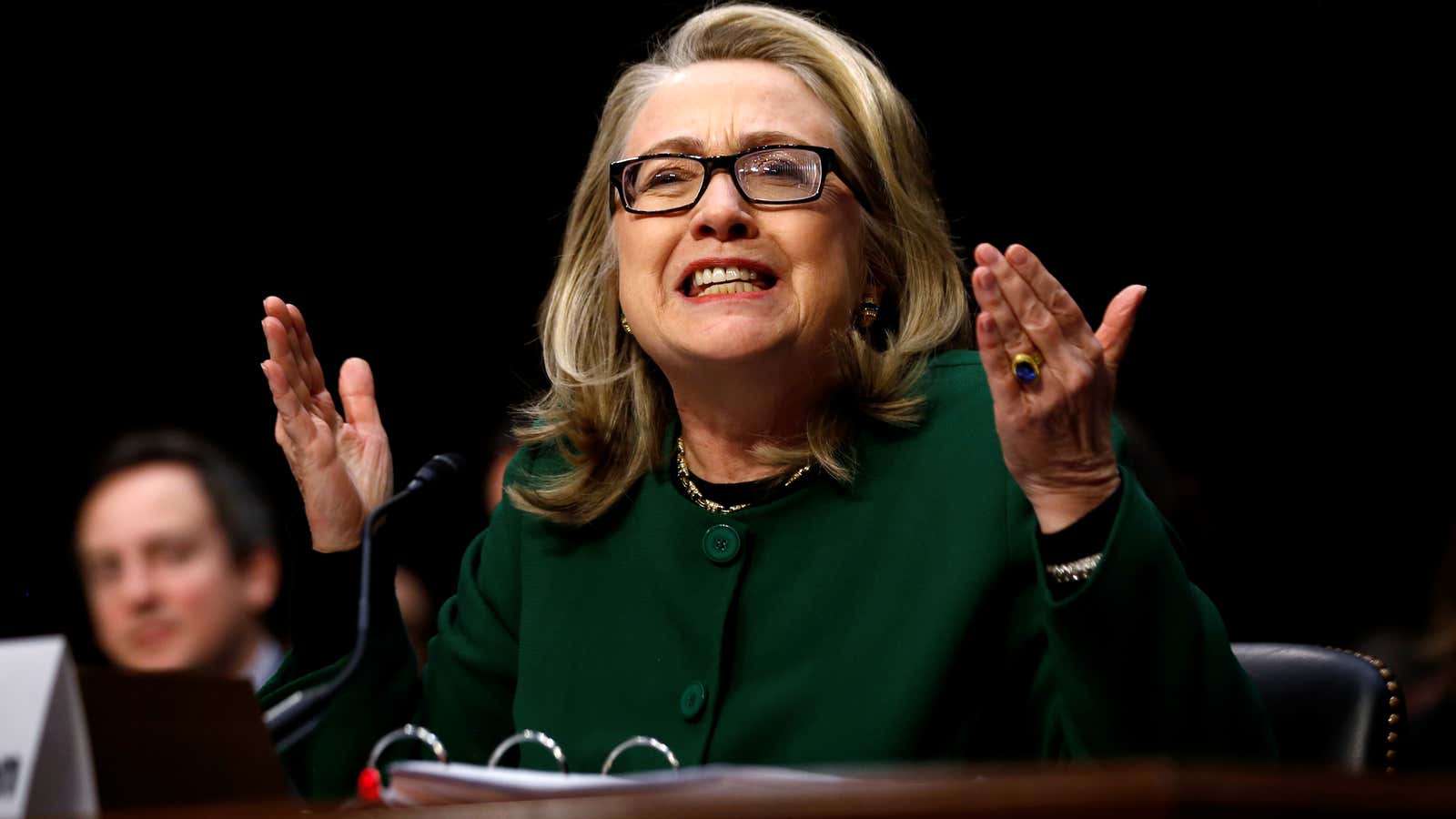As friends and family were burying Sgt. La David T Johnson last week and mourning his loss, Trump administration officials were in Washington trying to determine why four US special operations troops were ambushed and killed by a pack of extremists in western Niger. Why were US soldiers out there in the first place? Did they have approval from their commanders to pursue fighters from an Islamic State affiliate? Why were the Americans caught by surprise? And why did it take 48 hours to find Sgt. Johnson’s body a mile away from the ambush site?
Pentagon officials are in the beginning stages of an investigation about this tragic incident. The question of “what really happened in Niger” is one that will be answered in due course, and US Defense Department investigators ought to have the time and political space to do their work. Lawmakers should be briefed in private sessions throughout the inquiry, even as Congress should avoid pressuring the Pentagon for a full report before the military has acquired every last morsel of information.
More importantly, members of Congress should cease and desist from politicizing this tragic event in Niger and shifting the conversation from what went wrong and how to fix it to who in the Trump administration deserves the blame. Washington loves a scapegoat, but in this case it’s difficult to see how firing or demoting anybody (outside of extreme malpractice) would help to prevent a similar ambush from happening again.
Democrats and the news media have settled on a narrative that the Niger incident is turning into the republican party’s Benghazi–that is, president Trump and by implication the GOP at large are responsible for getting four elite American soldiers killed in the barren landscape of northwest Africa. And to be completely fair, the comparison is not a bad one: just as US ambassador Chris Stevens warned (paywall) the State Department months before the attack that the security situation in Benghazi was increasingly fragile, the commander of US forces in Africa reported in March that he only had 20%-30% of the intelligence and surveillance coverage he needed. The Obama administration was caught flat-footed on Benghazi weeks and months after the assault and at times delivered statements that were inaccurate or uncoordinated with other agencies. Much the same thing is occurring in the Trump White House today, exasperated by the president’s picking a fight with Sgt. Johnson’s wife.
If congressional Democrats held the majority in either chamber, there is no doubt that some would press for the very type of investigation that house republicans authorized after Benghazi. It’s not hard to imagine a democratic-held Congress, like the republican-held one in 2014, pushing through a highly partisan resolution on a party-line vote establishing a special committee with the power to subpoena documents and depose witnesses. Nationally televised hearings would be held by the special committee, where high-ranking Trump administration officials would be forced to be the human piñata for hours at a time until the lawmakers were tired of swinging the stick.
Perhaps, after six or eight months of document collection, depositions, issuing of subpoenas, intensive questioning in public hearings and closed-door interviews, the president and his party would take a big hit in the polls. Perhaps the benefits of a few political hits to the administration would be worth the millions of dollars in taxpayer money it would cost to conduct the investigation (the Benghazi Special Committee spent $7 million on its two-year investigation).
Or, perhaps such a tact would turn into a debacle for the party insisting on and running the inquiry, just as it did for republicans on the Benghazi Committee.
Indeed, this is what democrats who may be hoping for payback would be smart to think about: was the GOP better or worse off after the Benghazi inquiry? The answer nearly two later after the fact is as clear as the sun on a bright day: no. In fact, when representative Trey Gowdy released the final report in July 2016, most Americans didn’t really care, largely tuning the conclusions out as tainted or driven by republican hatred of Hillary Clinton. Three quarters of Americans surveyed by CNN thought the investigation was motivated more by politics than by real fact-finding.
Democrats, of course, don’t have the power to launch a special committee on the Niger attack even if they wanted to. The democratic party will have to win an election cycle first. In the house, what the minority party wants is largely irrelevant if the majority party sticks together. And unlike the budget or government spending bills, there won’t be a split in the GOP caucus on an issue like delving into a republican administration’s management of a tragedy. As far as democrats in the senate go, they may not be able to pick up the GOP votes they would need to even begin debating such a measure on the floor.
But even as a minority party, democratic lawmakers need to be careful. This isn’t about Russian interference in the 2016 election or about president Trump’s fitness for office. Rather, it’s about killed and wounded US servicemen, the country’s cream of the crop.
By all means, use oversight tools to ensure that the Pentagon’s investigation is thorough. But unless you want to experience what House Republicans experienced in 2014, 2015, and 2016, then don’t mix domestic politics with a genuine investigation.
